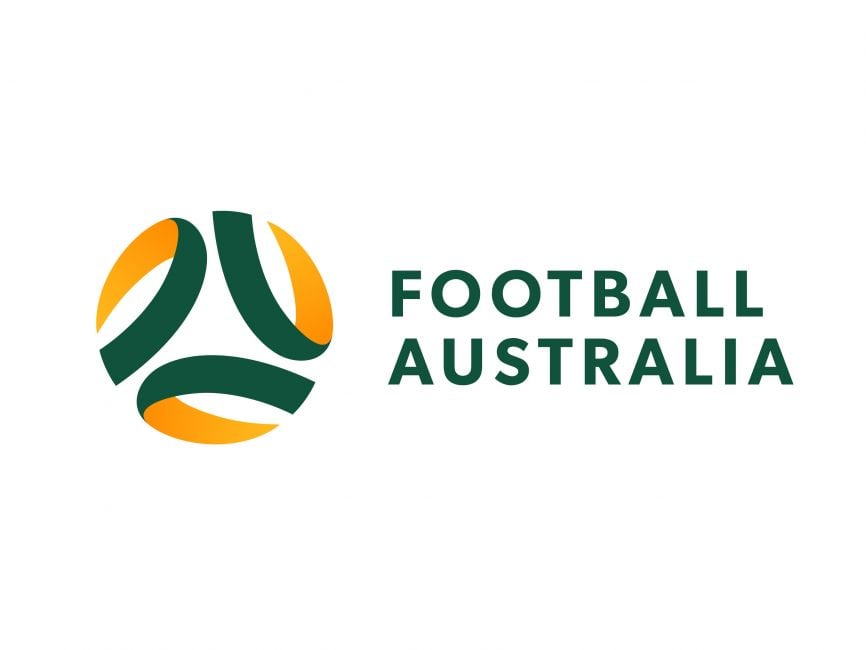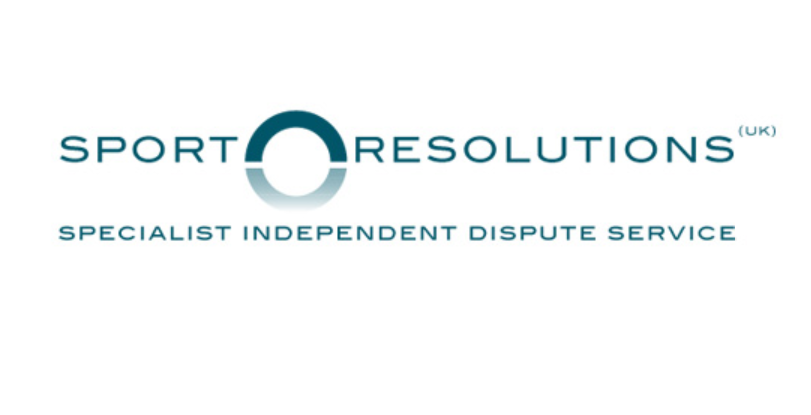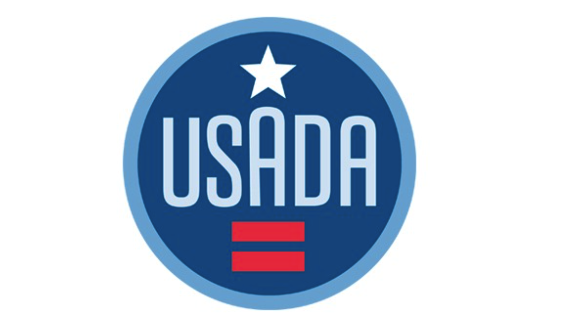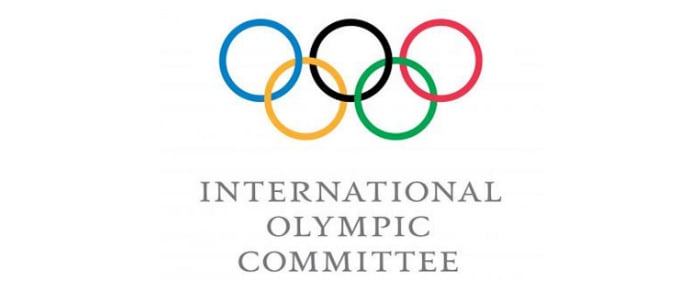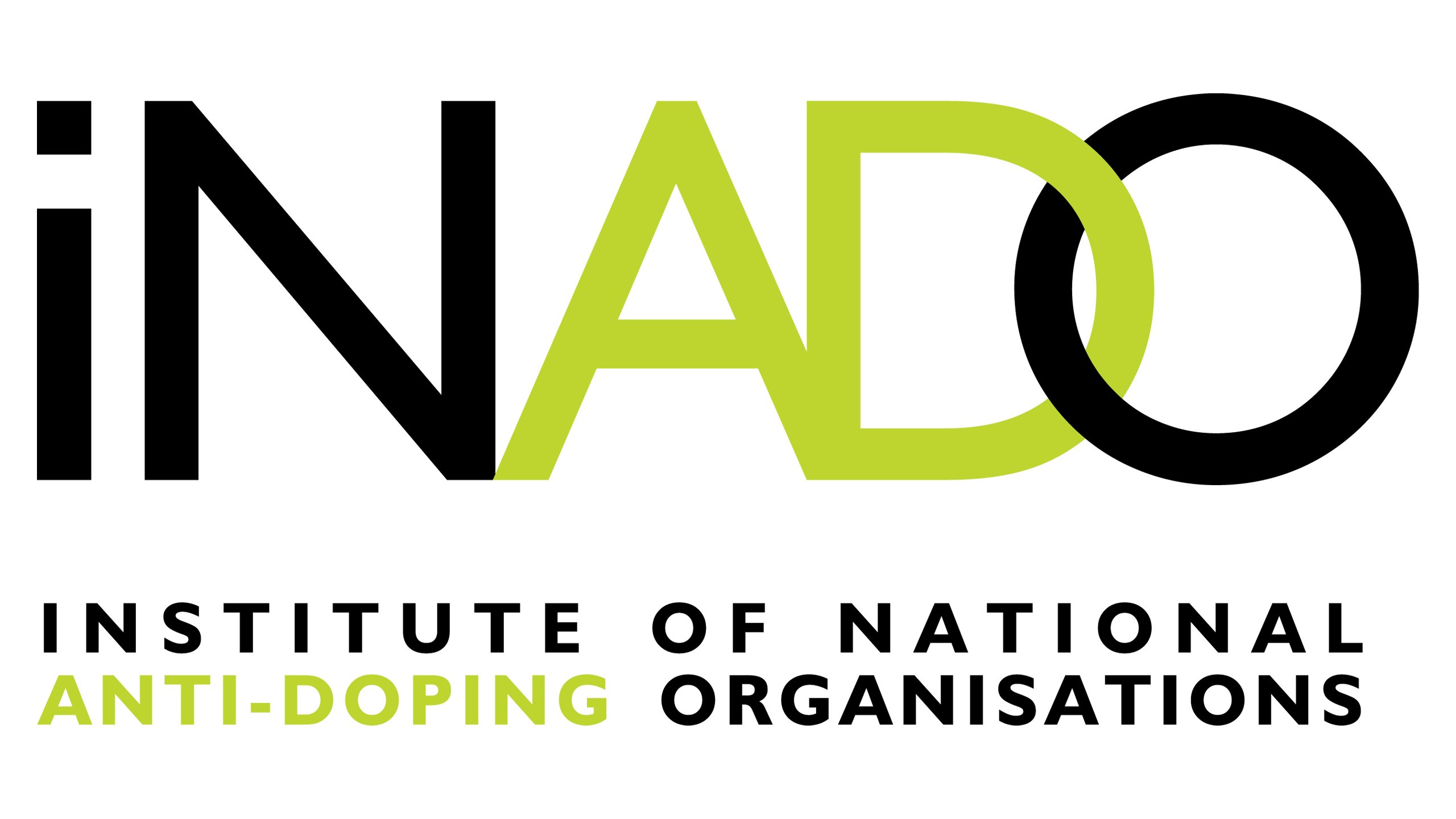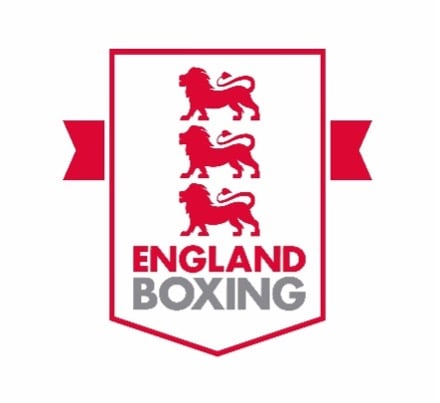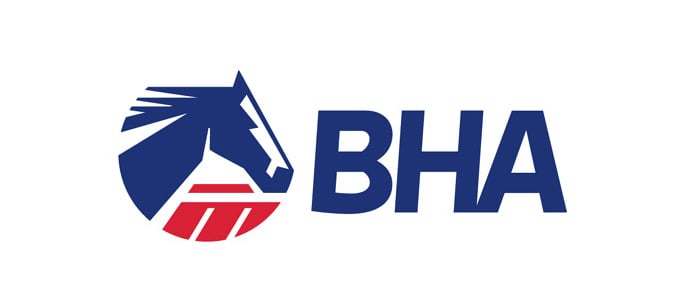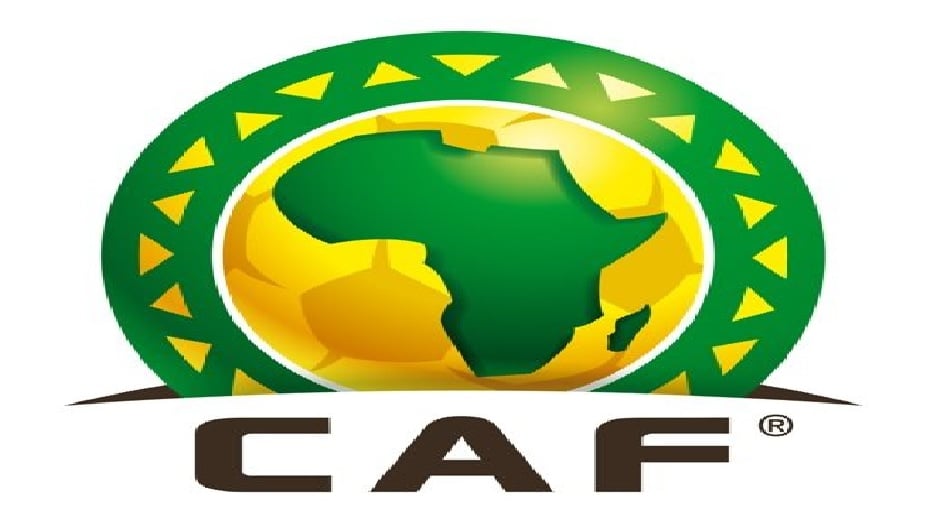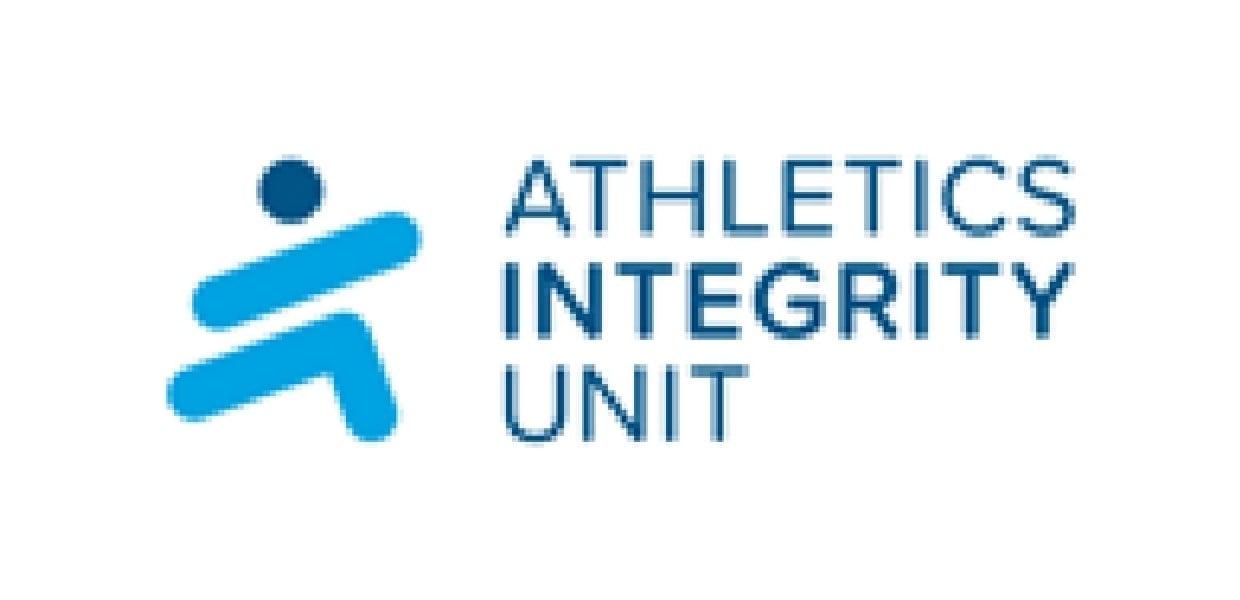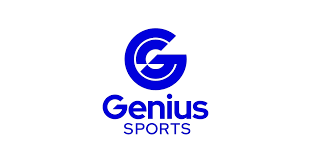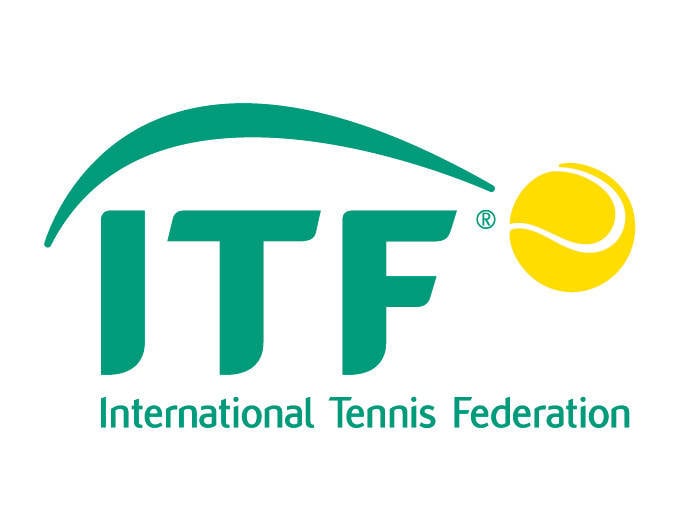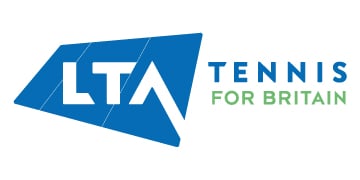England head coach suggests changing conversion rules in women’s game
Court of Appeal grants stay of execution in Marquez case
Crypto In Sport - Key Legal Resources On NFTs, Cryptocurrencies, Fan Tokens & The Metaverse
Published Thursday, 13 April 2023.
Hartman to have hearing for actions in Wild game Forward facing discipline for interference against Jets forward Ehlers
Peterborough United has received a three-point deduction to be suspended until 31 December 2023 and been fined £50,000 after failing to comply with EFL Regulations.
Costa Rica Women’s World Cup collective agreement: An inspiration for Latin America and beyond
A suspension against Dzemaili
Sport Integrity Australia and the International Testing Agency sign collaboration and service agreement
6,586 applications received for first-ever FIFA football agent exam
U.S. Paralympic Snowboard Athlete Tyler Burdick Accepts Sanction for Anti-Doping Rule Violation
Golfers v PGA European Tour
Three Regional Leagues Affiliate to Baseball’s National Governing Body for 2023
FEI to maintain protective measures regarding Russian and Belarusian athletes
Inclusion & Diversity Action Plan for Elite Game of Rugby in England
Q&A regarding the participation of athletes with a Russian or Belarusian passport in international competitions
Proceedings opened against Blerim Dzemaili
FIFA Independent Ethics Committee sanctions Former President of the Peruvian FA & Member of CONMEBOL
Incident of Misconduct - Crowd Control Nuneaton Borough FC, Southern League
A decision in the case of UK Anti-Doping (UKAD) against Amir Khan has been issued by the National Anti-Doping Panel.
Club Financial Reporting Unit: Reading Football Club sanctioned for breach of EFL's Profitability and Sustainability Rules (P&S)
Football Australia approves national football agents regulations
NBA and NBPA reach Tentative Deal on New Collective Bargaining Agreement
FIFA Circular no. 1839 Zurich - Amendments to the Regulations on the Status and Transfer of Players
Is the anti-doping system better prepared to prevent institutionalized doping? Opinions by Graeme Steel and Joseph de Pencier.
WBSC Europe announces event sanctioning procedure
Sport Integrity Australia Finalises Matters Relating to Football Australia's Independent Complaint Handling Process
An Introduction To The Nepalese Sports Law Market
Published Thursday, 13 April 2023.
GB statement on new international federation, World Boxing
Matthew Southall, Paul Richardson, and Maxi Lopez have all admitted to breaching EFL Regulations in respect of the Owners and Directors’ Test (OADT) following their unapproved involvement with Birmingham City Football Club in 2022.
BHA statement regarding the participation of Bravemansgame in the Aintree Bowl
WADA confirms non-compliance of the National Anti-Doping Organization of Gabon
2000 Swiss francs fine against Constantin
Efficiency and cooperation for clean sport: the ITA concludes agreement with Sport Integrity Australia
CAF Disciplinary Board Decisions: TotalEnergies CAF Confederation Cup and Champions League matters
Marathon Runners Banned 6 months for 'Intentional' Bib-Swapping
Circular no. 1842, Zurich - Mandatory use of the FIFA Legal Portal as of 1 May 2023
Can Russian Athletes Still Participate In The 2024 Paris Olympic Games?
Published Thursday, 06 April 2023.
